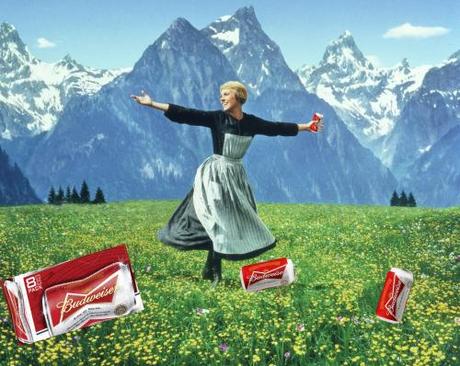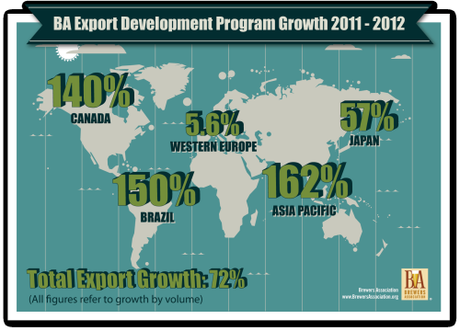
The hills are alive with the sound of crappy beer.
When it comes to Pitbulls, I’ll take the dog over the musician any day.
I’m not so sure that Budweiser feels the same way.
On Aug. 1, Budweiser launches “50/50/1,” a 50-concert event in all 50 states. It’s in conjunction with MySpace and an effort by the reborn social media platform to make a splash with potential members from around the world. Depending on your musical taste, it may or may not offer a pretty great lineup of acts. Thankfully, Pitbull isn’t one of them.
While this partnership is meant to offer exposure (and presumably fun!) what it signals is AB InBev’s push to utilize music as a means for sales. Really, this is nothing new. However, this concert series is a step in what Budweiser is trying to do to gain back some beer market share, even if it means monopolizing the music industry and going more global than ever before.
Justin Timberlake has been associated with Bud Light Platinum for some time now, but it was just recently that Rihanna joined Jay-Z as spokespeople for the macro brewer. That’s a pretty solid stable of musical icons, who are getting quite a bit in return, too:
The pop star will take center stage in a campaign for Budweiser that will also include Jay-Z and reach more than 85 countries starting next week. The effort, called “Made for Music,” includes TV commercials featuring the two stars, limited-edition packaging, digital executions, out-of-home advertising and sponsorships of Rihanna’s and Jay-Z’s concerts.
As Ricardo Marques, Bud’s global advertising director, points out, music is an “universal language” that “transcends cultures, language and connects people from different backgrounds.” Which, of course, he hopes will be the same for Bud.
In this case, it’s not all about the music. In fact, it seems that while we’re enjoying a Golden Age of craft beer in America, there’s something of an international battle is brewing.
In addition to huge growth at home, American craft beer exports are soaring. In 2012, export volume increased by 72 percent over 2011, worth $49.1 million. Canada is a big part of that, but Sweden and the UK are busy soaking up American suds, too. They’re not the only ones:

Meanwhile, Budweiser’s U.S. volume sales are down by nearly half in the past decade. The last time Budweiser volume sales rose in the U.S. was 1988. Abroad, however, Budweiser is singing a different tune. Non-U.S. sales now make up 44 percent of Bud’s total sales, up from 28 percent in 2009.
What does this mean? Well, increasing those international sales certainly help make up for lagging domestic demand here in the States. There is plenty of global demand to go around, which is why craft beer is performing well while offering something new and different to people around the world. That shouldn’t sit well with Bud’s muckity mucks, however, who are in it for investors and share prices.
Which brings us back to Pitbull and company.
Large corporations can sometimes be as good as their spokespeople, which is why they hire famous, pretty people. Luckily for craft beer, their “spokespeople” are typically craft beer drinkers who flock to websites, blogs and beer bars to share positive word of mouth to friends, and sometimes anyone, who will listen. No one is doing that for Budweiser – at least I hope so.
Perhaps this is why the digital space became important for AB InBev and now the airwaves are, too. The global pull of Rihanna and Jay-Z is a pretty big deal at a time when Bud is trying to become the Coke of beer.
For as much attention I give to what’s going on around the country, it’s easy to forget there are lots more beer drinkers spread across the world. Luckily, they’re beginning to hear the gospel of craft beer. However, that also means they’re a part of a more globalized push to “grab some buds.” But, you know, not really Real Live Friends.
The question then remains: will these music performers efforts be more of a Siren’s song or static to our ears?
+Bryan Roth
“Don’t drink to get drunk. Drink to enjoy life.” — Jack Kerouac

